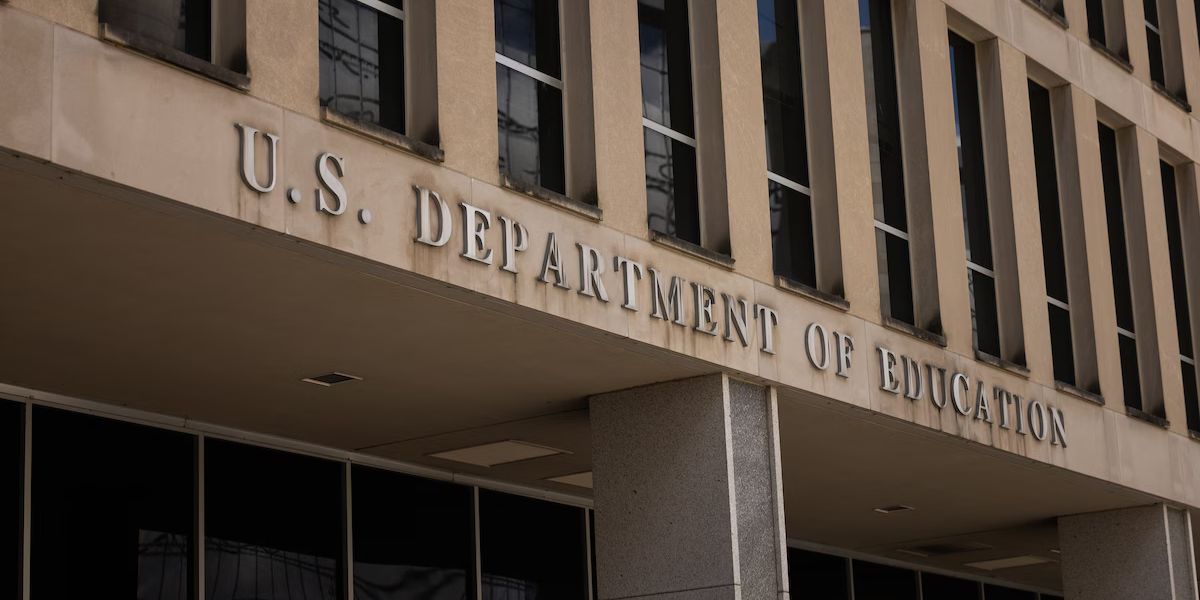California – The Trump administration’s recent freeze on over $6 billion in federal grants could jeopardize summer programming and after-school services for low-income families across the country.
The freeze, affecting various educational programs, has left states and schools, including California’s San Diego Unified School District, in limbo, unable to rely on crucial funding for this summer and the upcoming school year.
Affected Programs and Funding Cuts
Among the programs at risk are after-school care, summer camps, English language instruction, and adult literacy programs.
The grant money, which was expected to be distributed on July 1, includes funding for the 21st Century Community Learning Centers program, a primary source of federal funding for after-school and summer learning programs. These grants support more than 10,000 local programs nationwide.
States like California, Texas, and Washington are particularly vulnerable, with millions of dollars in funding suspended.
For instance, California has at least $800 million in jeopardy, while Texas has over $660 million on hold. These grants help districts serve English learners, migrant families, and offer professional development to educators.
Potential Impact on Local Communities
Without the funding, critical programs in districts serving low-income and immigrant communities, like those in rural areas, will face serious disruptions. Programs designed for English learners, including summer classes and family engagement services, are at risk of being cut.
For rural districts such as Umatilla School District in Oregon, the freeze could lead to layoffs, school closures, and the elimination of after-school programs that serve hundreds of students.
Read Also: California Proposes First-in-the-Nation Smoke Damage Insurance Standard
The Response from Educators and Advocacy Groups
Local educators and advocates are voicing concerns over the freeze’s potential impact. California State Superintendent Tony Thurmond called the move illegal, accusing the administration of holding back funds to serve students based on political motivations.
Chris Reykdal, Washington state’s superintendent, warned that many school districts could face severe financial distress without this funding.
Calls for Immediate Action
Several districts are working with state officials to find solutions and ensure that children, particularly English learners and those from migrant families, do not lose access to essential educational programs. However, time is running out, and if the freeze continues, the repercussions will be felt across the country.
If you believe that these cuts to essential education programs will harm children, leave your thoughts in the comments. How do you think the administration should address this funding freeze? Let us know your perspective below!
For further updates on this issue, visit ridgecrestpact.org.













